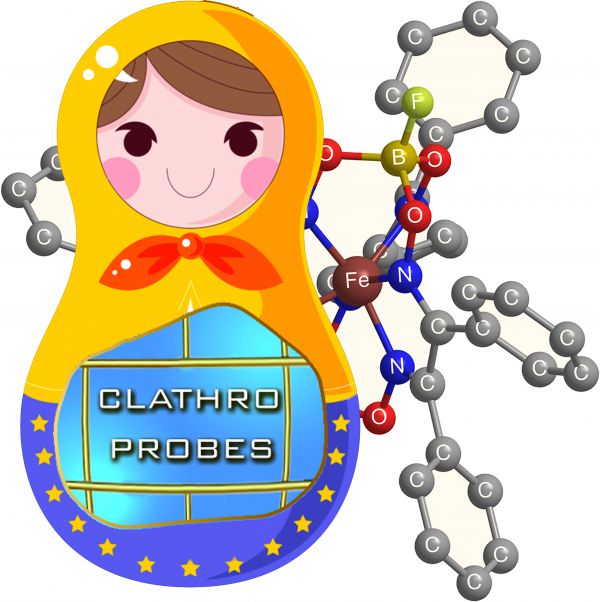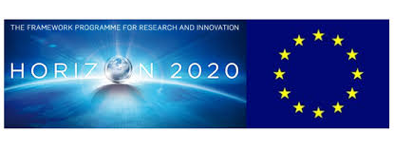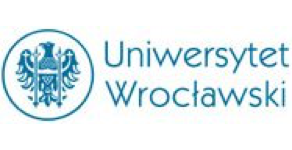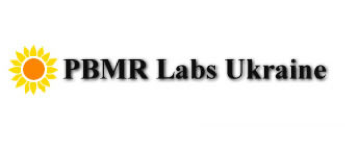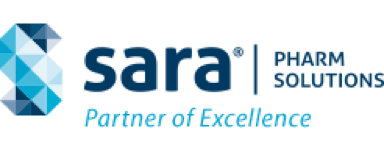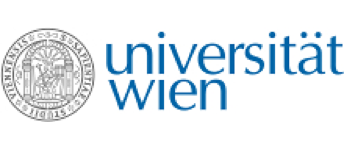FAU
FAU, Friedrich-Alexander-University of Erlangen-Nuremberg, is one of the largest universities in Germany. It has established its reputation as a top-ranking institution, where the cutting-edge chemical research is conducted. The Department of Chemistry and Pharmacy coordinates the collaborative research project 953 “Synthetic carbon allotropes”, which is a large research initiative including 21 research projects separated in four research areas. Due to this network, members of the Department of Chemistry and Pharmacy (including Prof. Dr. A. Mokhir) have unlimited access to modern equipment (for example, NMR, ESI and MALDI-TOF mass spectrometry, Raman spectroscopy, fluorescence and optical microscopy, AFM, STM, equipment for X-ray crystallography) and can profit from excellent seminars of this network, where prominent scientists from all over the world present their scientific results.
The group of Mokhir consists of 3 postdoctoral researchers, 6 PhD students and 1 Master student. Since 2002 the group develops controllable (switchable) chemical catalysts. The control can be achieved by applying physical (light) or (bio)chemical (reactive oxygen species, metal ions etc) factors. These catalysts are used to regulate, affect or monitor biochemical processes or molecules in live cells. In particular, the following projects are currently underway: (a) Aminoferrocenes as novel cancer-specific prodrugs. (b) Catalytic chemical reactions, which are controlled by nucleic acids. These reactions are applied for quantitative and sequence specific detection of nucleic acids in live cells. (c) Inhibitors of non-coding RNAs (e.g. micro RNAs).
Infrastructure: The laboratory is well equipped with scientific instruments to support synthesis and characterization of metal-containing compounds and their conjugates. They include UV-visible and fluorescence spectrophotometers, five HPLC instruments, an RT PCR instrument, flow cytometer, cell laboratory for the research with cell lines, several centrifuges (with and without cooling), several reactors, two automatic synthesizers (for peptide and DNA/RNA synthesis) and an autoclave. There are 12 working spaces fully equipped for the wet chemistry; 2 working places fully equipped for experiments with cells are available in the neighbouring laboratory.
Researchers involved in the realization of the project: 1 ER, 3 ESR.
